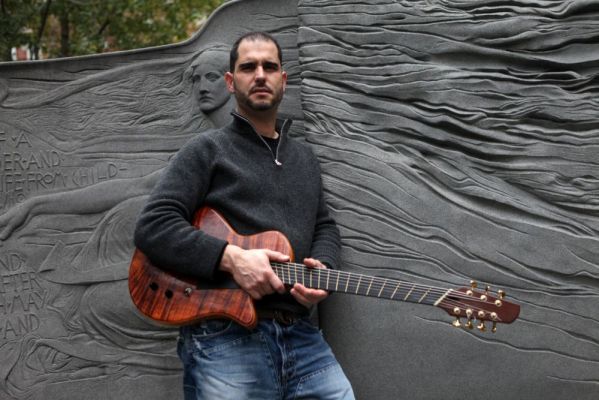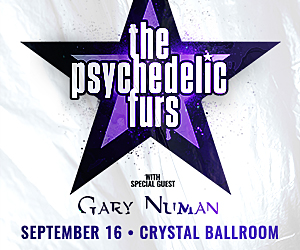Home > News
01/04/2016
How Emotions Change The Way Musicians' Brains Work
"It seems that the link between emotion and creativity is truly fundamental, and we suspect, ultimately responsible for the perseverance of creativity throughout human history," said Dr. Charles Limb, a University of California, San Francisco, neurologist. / Pictured: Charlie Hunter
Huffington Post reports:
"Music expresses that which cannot be put into words and that which cannot remain silent,” author Victor Hugo once said.
Indeed, at the core of making music is the attempt to express and convey emotions -- and it turns out that when musicians are actively attempting to express their emotions through tunes, their brains work in an oddly different way.
According to a new brain-scanning study that was conducted on jazz pianists and published Monday in the journal Scientific Reports, strong emotions can alter the workings of brain networks associated with creativity. The findings show that the workings of the creative brain are even more complex than we may have realized.
"It seems that the link between emotion and creativity is truly fundamental, and we suspect, ultimately responsible for the perseverance of creativity throughout human history," Dr. Charles Limb, a University of California, San Francisco, neurologist and one of the study's authors, told The Huffington Post in an email. "Humans seem to need creativity in order to understand and examine the human experience, which is (in our opinion) a deeply emotional one. For these reasons, we wanted to understand how emotion modulates brain networks for creativity, during real time spontaneous creativity in expert musicians."
Creativity draws on a wide range of brain regions, networks and processes, and as the new research suggests, it can't be simply explained in terms of the activation or deactivation of one particular network of brain regions.
"Humans seem to need creativity in order to understand and examine the human experience."
Instead, the researchers found that when the musicians are attempting to express emotion during their creative process, parts of the brain involved in emotional expression are activated. These brain areas then strongly influence which parts of the brain's wide "creativity network" are turned on, and how.Limb, who is also a jazz saxophonist, has previously conducted research that found that musical improvisation deactivates a key brain region involved in planning and monitoring behavior -- the dorsolateral prefrontal cortex (DLPFC). This suggested that the silencing of the DLPFC may be responsible for the artist's ability to enter a"flow state" of deep absorption and free-flowing creativity.








